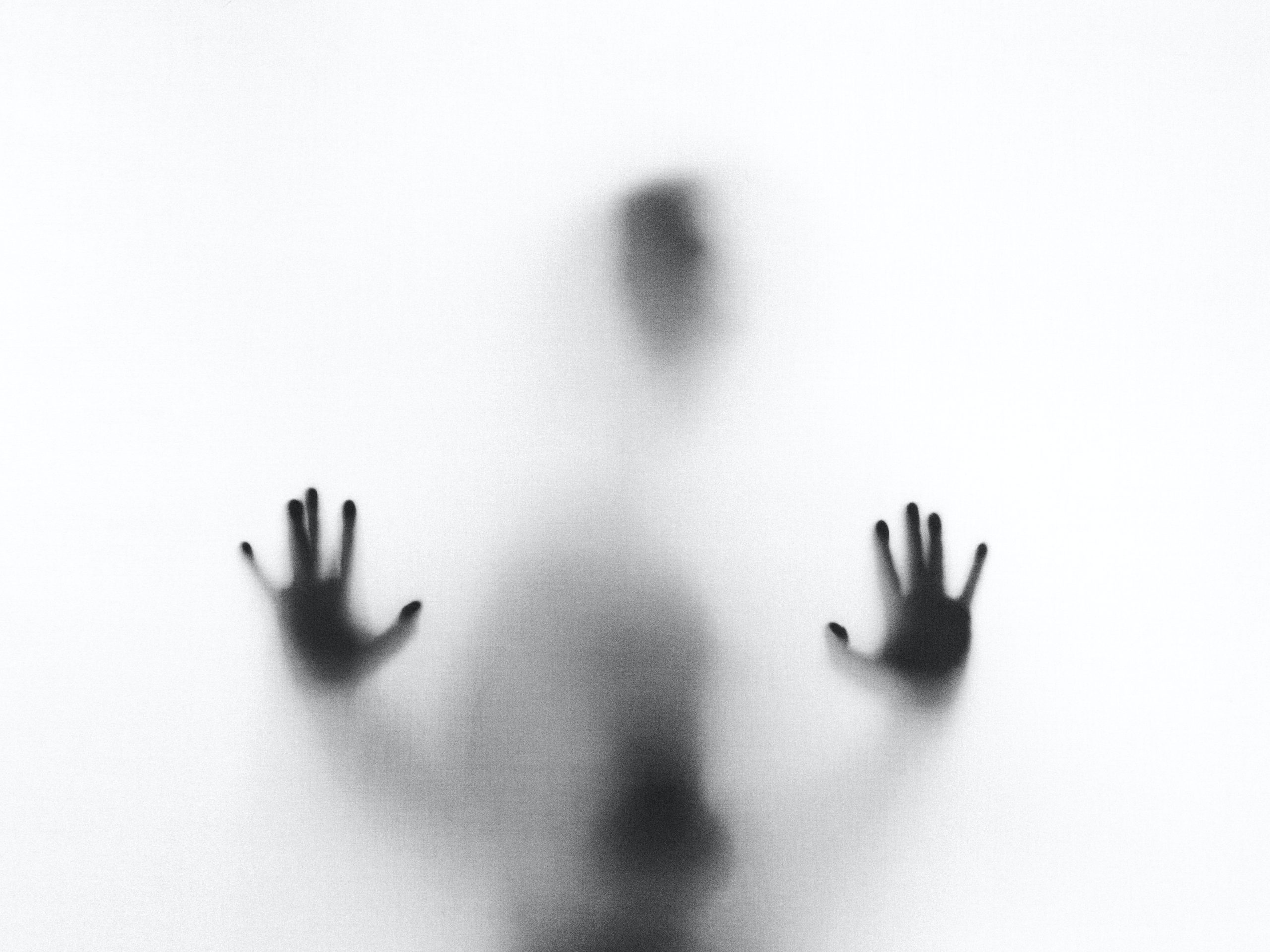
The relationship between sleep and chronic disease has been told over time. Aside from the fact that low sleep quality has been linked to some chronic conditions, people with chronic illnesses also develop different sleep disorders.
Having a chronic illness can mean that you are put under certain physical and mental strain, affecting your sleep quality. Several studies have established the link between sleep and chronic disease, and several more studies are out there to fully understand the role of sleep in managing chronic diseases.
RELATED POSTS:

What are sleep disorders?
Sleep disorders are conditions that affect the sleep quality of individuals regularly. Most people with sleep disorders find it difficult to sleep and resort to sleeping drugs to help themselves.
Sleep disorders are getting increasingly common in the United States (US). In a 2016 study, it was discovered that more than one-third of American adults get less than seven (7) hours of sleep in a day.
Sleep disorder is a severe health issue that can affect the patient’s life, including work and relationships. It is essential to know what causes the sleep disorder and treat it as soon as possible.
Different types of sleep disorders
There are different types of sleep disorders:
Insomnia
This is a sleep disorder where the person has difficulty falling asleep or not being able to sleep for a long time. It is a common sleep disorder in people with chronic pain and can also be a symptom of another condition.
Sleep apnea
Sleep apnea is a serious sleep disorder where the person stops breathing for some time while sleeping, and it reduces the amount of oxygen taken in by the body.
Parasomnias
These types of sleep disorders involve abnormal movements and behaviors while sleeping. These include sleepwalking, sleeptalking, bed wetting, or teeth grinding.
RLS
RLS is an abbreviation for Restless Leg Syndrome, a sleep disorder where the person feels an overwhelming urge to move their legs. It is common in people with Parkinson’s disease and ADHD (Attention Deficit Hyperactivity Disorder).
Narcolepsy
Narcolepsy is a chronic sleep disorder where the person falls asleep uncontrollably. They are also called sleep attacks because the person suddenly feels an uncontrollable urge to sleep, and the whole body goes into sleep mode.
It is a sleep disorder associated with neurological illnesses like multiple sclerosis.
Causes of sleep disorders
There are different reasons one might have sleep disorders, and as you already know, chronic illnesses are one of the significant causes of sleep disorders.
Chronic disease
Chronic diseases often associated with chronic pains can cause a sleep disorder—for example, arthritis, endometriosis, fibromyalgia, chronic fatigue syndrome, and inflammatory bowel disease.
This creates a link between sleep and chronic disease.
Also, certain sleep disorders can be the symptom of an underlying health condition.
Genetics
Sleep disorders like narcolepsy are genetic.
Medication
Certain medications can cause sleep disorders like sleep apnea or insomnia. It is best to discuss with your doctor if these side effects are severe.
Lifestyle
A lifestyle filled with stressful activities can result in the development of some sleep disorders. Also, work that involves being awake at night can cause the biological clock to get messed up and result in sleep disorders.
Psychiatric
People with psychological problems like depression and anxiety disorders will likely experience sleep disorders like insomnia.
Age
Age is an influencer in sleep disorders; about half of adults over 65 experience some sleep disorders, especially parasomnias.

Relationship between sleep and chronic disease
One reason why sleep and chronic disease are often linked is that chronic illnesses take a toll on the body; because of this, the body needs more time to recuperate. The body is an autonomous system; it takes time to restore its lost energy and create a reserve.
It is impossible to alleviate the strain chronic illness places on the body completely, and this strain directly impacts the daily lives of people with chronic illness. Chronic illnesses like Parkinson’s disease, fibromyalgia, chronic fatigue syndrome, Alzheimer’s disease, and multiple sclerosis can also cause certain sleep disorders.
Let’s make this more practical.
Say you have a chronic health condition like endometriosis, and it is that time of the month. Not only will you not be able to sleep, but you might also feel restless and wake up at intervals. Your sleep quality reduces drastically compared to the other days of the month.
This situation is worse for people with neurological disorders like Alzheimer’s. They often feel sleepy when they’re supposed to be active and restless when they should be sleeping. One can develop different sleep disorders like insomnia and sleep apnea.
Another relationship between sleep and chronic disease is the side effects of certain medications. There are some medications whose side effects can cause sleep issues. Also, the mental health effects of a chronic illness diagnosis are another relationship between sleep and chronic disease. Effects like depression, anxiety, low self-esteem, and guilt can also cause sleep problems.
How to deal with sleep issues
There are different ways to deal with sleep issues due to chronic illness. You can address the cause, make lifestyle changes, or take medications to help you sleep better.
For example, someone dealing with endometriosis might have difficulty sleeping at night because of the endometriosis pain. This person, after discussing their symptoms with their doctor may be prescribed medications to help manage the symptoms of endometriosis and sleep better. Whenever you take a new over-the-counter medication, always consult with your doctor to reduce risk of adverse reactions based on your medical history.
Here are some ways you can deal with sleep disorders caused by chronic illness:
1. Control the illness
Sleep issues caused by chronic illnesses are best resolved by controlling the illness itself.
It might involve taking your medications closer to when you want to sleep. For example, rheumatoid arthritis causes joint pain and stiffness, which might affect the quality of your sleep; you can take your arthritis medications closer to when you want to sleep to help relieve the joint pains.
This way, you can easily fall asleep for a long time without feeling pain.
2. Make lifestyle changes
This might involve adjusting room lighting, turning the music, avoiding caffeine, or adjusting the room temperature. Of course, this alone will not help you sleep better, so it is best to do this after you’ve been able to control the symptoms of the illness, as explained in the first point.
Lifestyle changes also include your diet, exercises, and daily routine.
3. Sleep medications
If you’ve tried several methods yet nothing, your doctor might prescribe sleeping drugs like Zolpidem or Eszopiclone. Your doctor might also prescribe other medications like antidepressants, antipsychotics, or antihistamines, depending on the nature of your illness.
4. Natural and holistic options
You can also try alternative options like aromatherapy, acupuncture, hypnotherapy, meditation, massage, and herbal teas like cherry juice or chamomile tea..
5. Identify and treat the root issue
Aside from the sleep issues caused by your diagnosis, there might be other root causes resulting in sleep deprivation. Get a full body check-up and allow your doctor to identify the root cause of your sleep issues. It could range from hormonal imbalances to vitamin deficiencies.

Having explained the relationship between sleep and chronic disease adequately, afterward, if you use the tips presented in this post, you should be able to find a solution that improves your sleep overall.
Having a good night’s rest is even more important when you have a chronic disease because resting allows your body to compensate for the energy it uses during the day. If you are not getting enough rest, it is the same as overworking your body, which means that instead of your body healing itself, it is struggling to keep itself together.
Do you sleep enough? How well do you understand the correlation between sleep and chronic disease?
READ ALSO: How to stay positive when dealing with a chronic illness




0 Comments